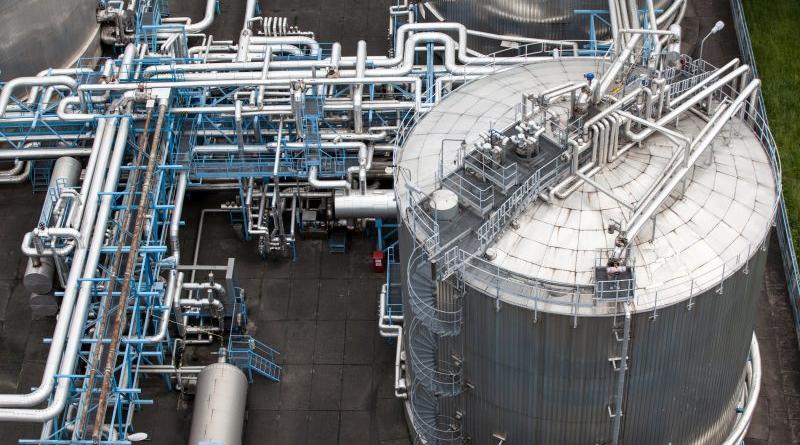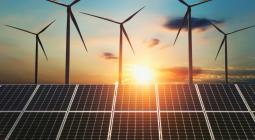EU weighs options for gas grid in zero carbon world.

The European Commission is considering three options for future investments in gas infrastructure as Europe moves towards “climate neutrality” by 2050, according to a leaked memo seen by EURACTIV.
A leaked “scoping paper” on gas infrastructure planning, drafted by the European Commission’s energy directorate, reveals the three options envisaged for gas infrastructure at EU level:
- “A gradual shift away from natural gas,” with continued EU support for infrastructure “in parallel” with new priorities for renewable gas.
- A “green gas grid” option, with fossil gas banned from EU funding, which would “entirely focus” on the retrofitting or repurposing of gas grids to handle renewable gases such as hydrogen, power-to-gas and biogas.
- An “electricity only” option, where any funding for gas would be scrapped entirely to focus instead on electricity and smart grids.
The reflection at the European level comes ahead of a planned revision of EU guidelines on cross-border energy infrastructure financing expected by the end of 2020 – the so-called trans-European energy infrastructure (TEN-E) regulation.
“The TEN-E review aims to contribute to the Green Deal by supporting trans-European infrastructure needed for a decarbonised energy system,” the paper says in the introduction.
Current EU funding for gas projects is focused on natural gas infrastructure, including transmission, compression and storage of LNG, the paper says.
But future EU spending will focus on decarbonisation and the EU’s goal of becoming “climate neutral” by 2050, it adds.
“To achieve carbon neutrality by mid-century, natural gas will have to be progressively replaced by renewable gases in the EU gas grid,” the paper argues, saying future infrastructure funding should reflect emerging new technologies such as power-to-gas and hydrogen networks.
EU funding for fossil gas drying up
EU funding for fossil gas infrastructure is set to dry up in the coming years as Europe moves forward with its objective of becoming “climate neutral” by 2050.
The European Investment Bank decided in November to scrap financial support for fossil fuels from 2021, in a move aimed at transforming the EU lender into a “climate bank”.
And earlier this year, the European Parliament passed a revised list of EU energy projects eligible for EU financing. The list, which included 32 gas projects, drew the ire of Green MEPs who said no funding should be provided for fossil gas infrastructure.
Frans Timmermans, the Commission vice-president in charge of overseeing the Green Deal, said at the time that the EU will in the future only provide funding for energy projects that support Europe’s climate neutrality objective.
“To receive EU funding, projects on the PCI list will have to support our EU Green Deal ambitions,” Timmermans said on Twitter, confirming earlier statements by EU officials.
According to the Commission’s new political line, funding will only be provided for “future-proof” gas infrastructure capable of handling low-carbon gases such as hydrogen, and avoid a “lock-in” into fossil gas.
“We need a future-proof infrastructure policy for Europe,” Kadri Simson, the EU’s energy Commissioner, said in a speech to the European Parliament’s industry committee on 23 January.
NGOs call for “complete phase-out of fossil gas by 2035”
Meanwhile, environmental NGOs have sent a joint letter to the European Commission asking for future energy infrastructure investments to be aligned with the EU’s climate and energy objectives.
Activists say the revision of the TEN-E regulation is a crucial opportunity to accelerate the shift towards a climate-neutral economy.
“Any future planning should support the transition to a 100% renewable energy system and put energy efficiency first while protecting our nature”, said Esther Bollendorff, from Climate Action Network (CAN) Europe.
In the wake of the coronavirus crisis, she said, “Europe’s energy infrastructure planning must be two-sided: guarantee economic recovery and accelerate the transition to climate neutrality with a complete phase-out of fossil gas by 2035”.
“We need to exclude all direct or indirect support to fossil fuel infrastructure if we want to tackle climate change, protect ecosystems and avoid rolling crisis after crisis,” Bollendorff said.
5 May 2020
Euractiv




